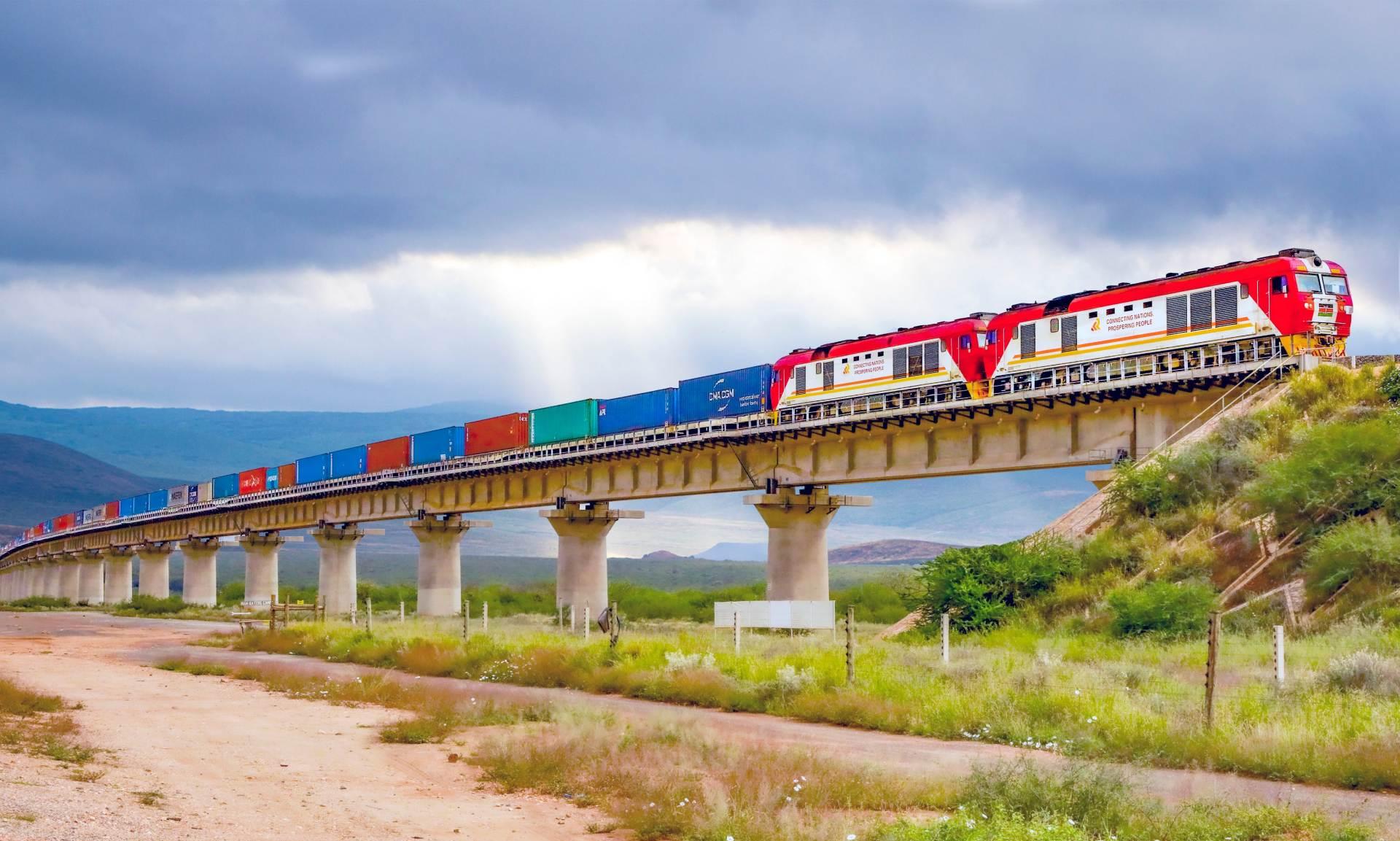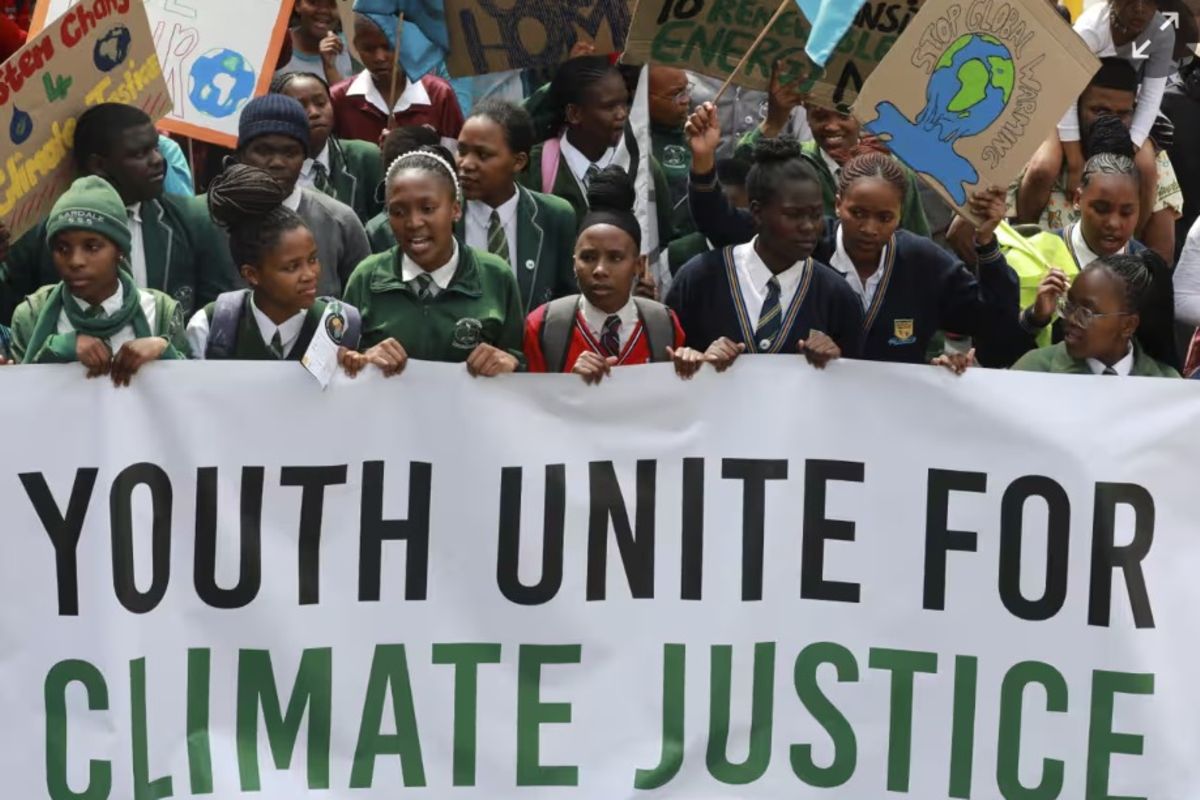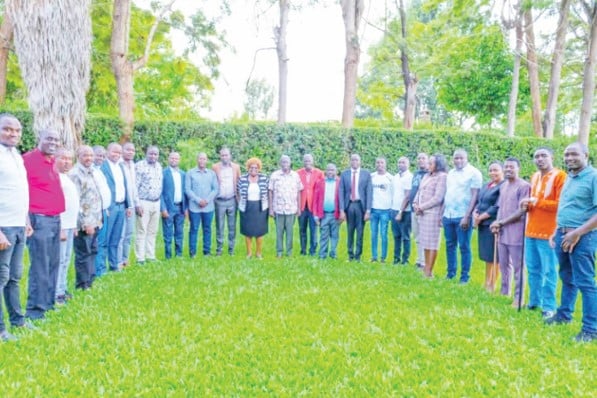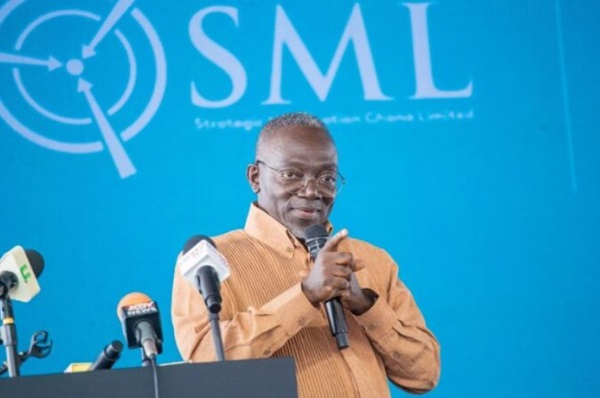Women workers were instrumental in the passing of the International Labour Organization’s Convention 190, or C190, the first international treaty to recognize everyone’s right to a world of work free from violence and harassment.
In this video, Devex explores how C190 has given vulnerable women workers — especially in the informal sector — more tools to fight gender-based violence and harassment in the workplace. By expanding the definitions of what counts as work, worker, and workplace, C190 is helping workers address different types of violence, including economic harm exacerbated by climate impacts. According to a 2024 ILO report, nearly 93% of workers in Africa, 84% in the Arab states, and 75% in Asia and the Pacific are exposed to excessive heat.
As women workers become more vulnerable in the face of climate change, freedom of association and collective bargaining are also becoming more important for addressing and eliminating violence in the world of work. Women-led organizations and unions are increasingly leveraging C190 to stand up against abuse and implement collective bargaining agreements, even in countries where governments have not yet ratified the convention, explained Paola Simonetti, director of the equality department at the International Trade Union Confederation.
“We are now witnessing a severe backlash globally on gender equality, so the action and the role of women within trade unions is becoming more and more crucial,” she said.
— a new narrative series spotlighting the intersection of gender-based violence and harassment and climate change in the world of work.
This content is sponsored by FORGE. To learn more, visit the series website.










